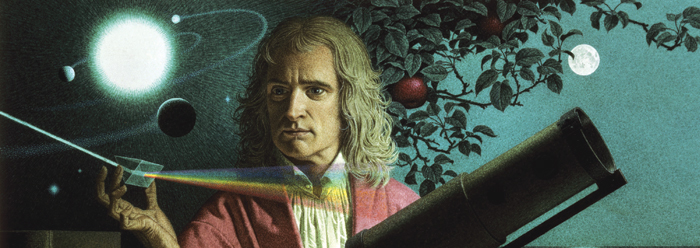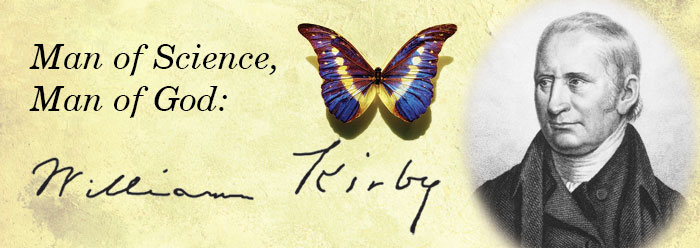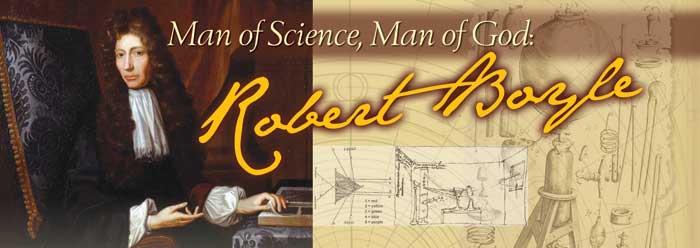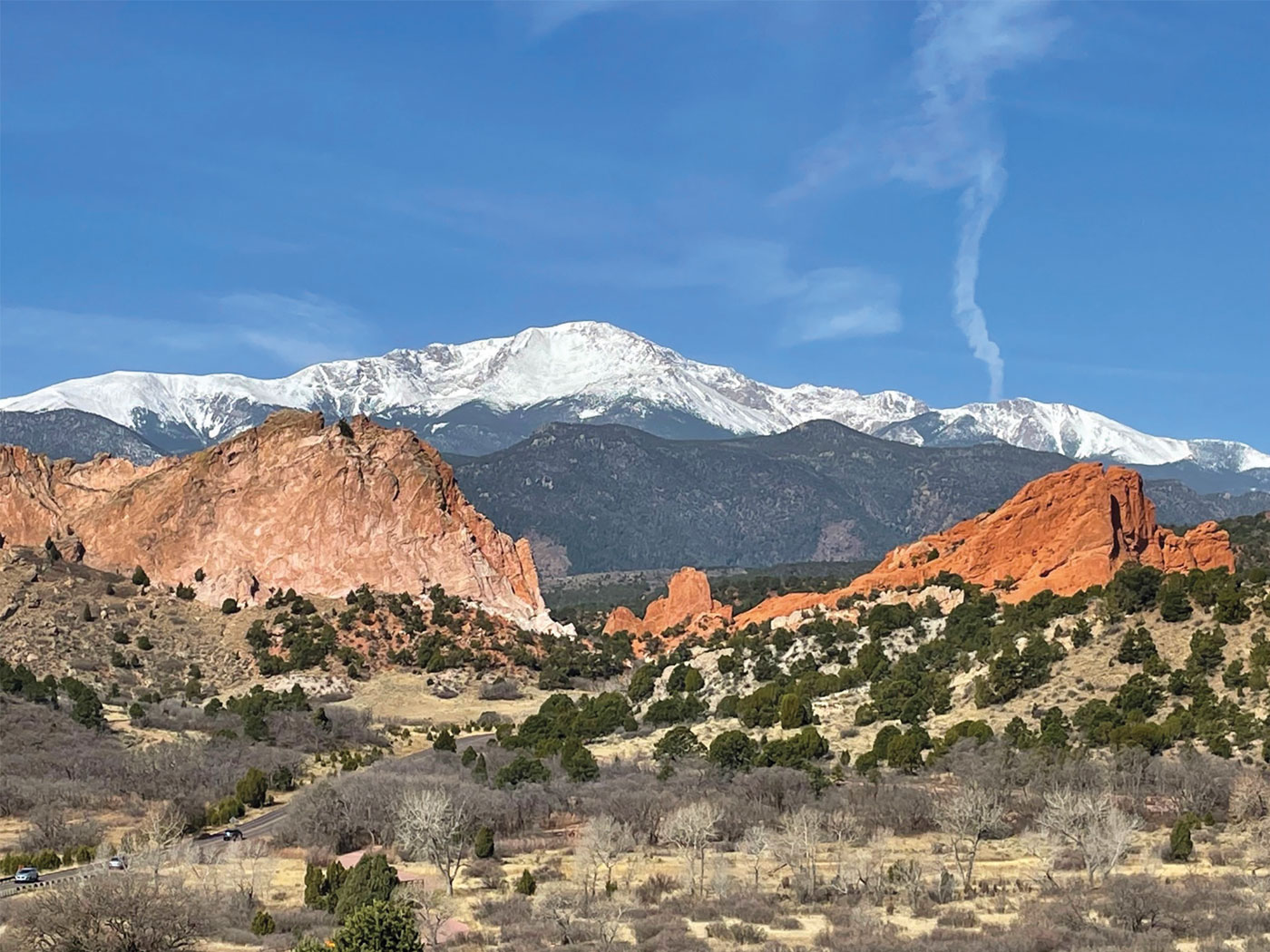Creationists have long cited the Second Law of Thermodynamics as an anti-evolution argument. The Second Law, or the Law of Increasing Entropy, operates throughout the universe, as far as we can tell, and has never been seen to be violated, in time or space.
The Law was first discovered and quantified in the field of energy transfer, or thermodynamics, but its corollaries have now been recognized in “every” field, including information theory. Truly it is a universal law, which applies to every situation.
But what does it mean? Entropy is a measure of the state of randomness or disorder in a system. While the total amount of energy remains the same at all times, the usefulness of that energy spontaneously degrades as the process proceeds--i.e., its entropy increases. For instance, the highly ordered molecules in wood are altered when it burns (oxidizes), with the complex hydrocarbon molecules breaking apart into less complex atoms and recombining, producing carbon dioxide and less useful heat energy. Heat can be used for a while, but it quickly cools and dissipates. Things are becoming less ordered and less energetic all the time. On the surface, this is the opposite of evolution, which states that things have become more complex through time, as molecules evolved into people.
Evolutionists deny these implications by noting that things sometimes spontaneously become more ordered, like ice crystals from water, or when plants grow from a seed. They often claim that an open system with plenty of incoming energy can decrease the entropy of a system, at the expense of the source system. True enough, an open system and excess energy are necessary conditions, but are they sufficient? There are other specific requirements that must be met for order to naturally arise from disorder. In a plant, it is surely an open system and there is plenty of energy available from the sun, but more is needed.
First, there must an energy conversion mechanism already present to convert the raw energy into useful forms. In the plant, the marvelous mechanism of photosynthesis must pre-exist the plant or the abundant incoming energy cannot be utilized. In fact, unbridled solar energy will kill a plant; it must be converted into useful forms before the plant can use it. It fuels the plant’s activities and growth. Photosynthesis is as yet incompletely understood by today’s scientists, and it certainly did not create itself. But the plant already possesses this ability and passes it on to each generation.
Second, there must be a plan in place to direct this now-useful energy into useful work. In living things, the marvelously complicated DNA code contains that plan. Nothing random here. This code is copied and maintained using just the right form of energy. But the machines that manufacture those energy molecules are specified by the code. Which came first, the fuel to copy the code or the code for the fuel's manufacture?
Though cellular machines operate according to thermodynamics, the laws of thermodynamics preclude their origin by random mutation and natural selection.
Evolutionary innovation is thought to occur through unguided mutation and natural selection. How many random tries would it take to either devise a complicated process (like photosynthesis) or write a complex code (like DNA)? Both must be present for life to function and continue. But compare the fact that they already exist and function, guiding the plant through its life cycle, to the evolutionary hope that they can self-generate. The entropy law forbids them to simply appear when the need arises. An open system and raw energy are insufficient.
Thus, evolution violates a basic law of science. A universal tendency toward randomness dominates, and the requirements for overcoming its implications are not met by nature. They are met by intelligence of a surpassing level far exceeding ours.
* Dr. Morris is President of the Institute for Creation Research.
Cite this article: Morris, J. 2010. A Barrier to Evolution. Acts & Facts. 39 (4): 18.










